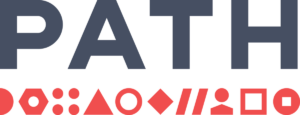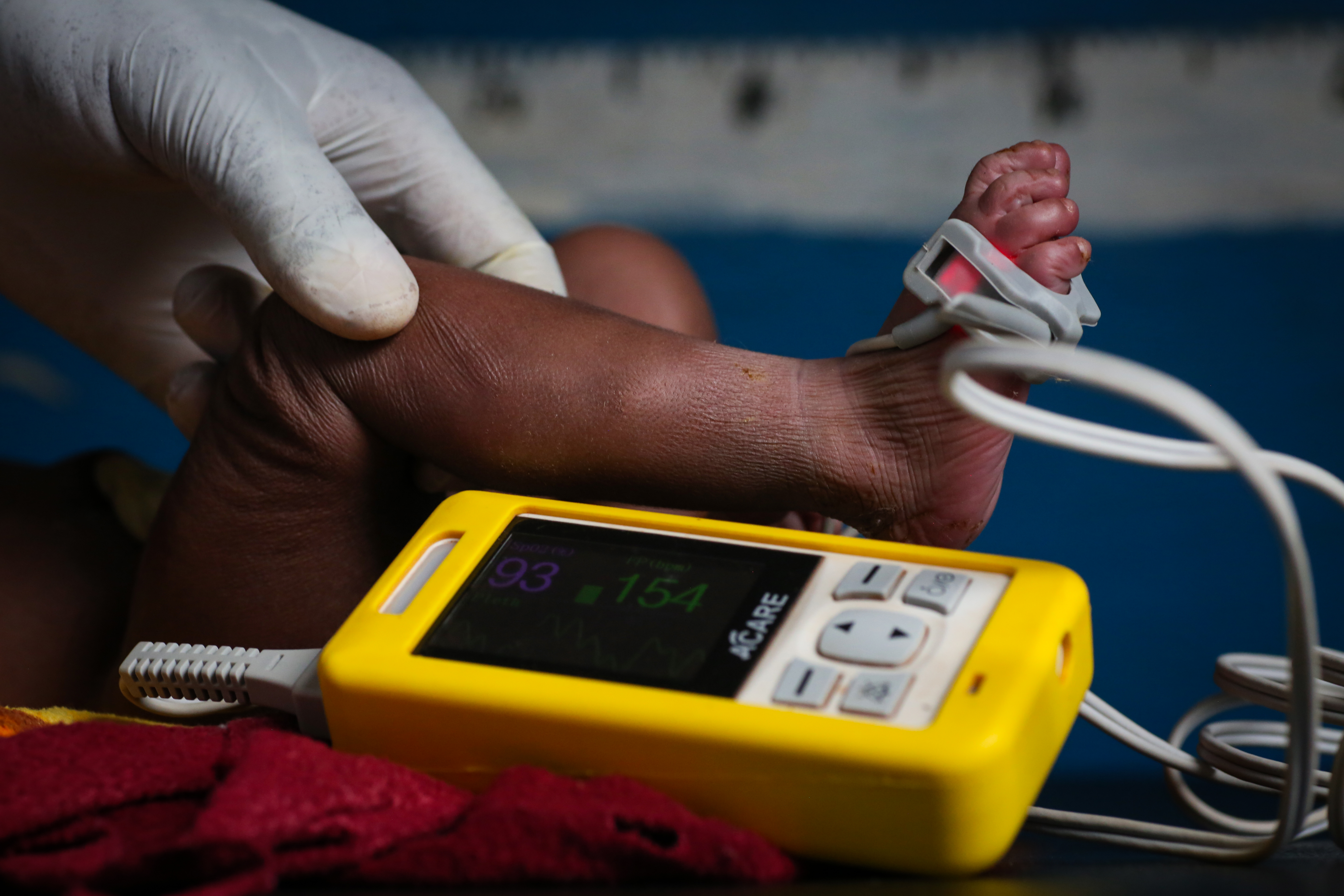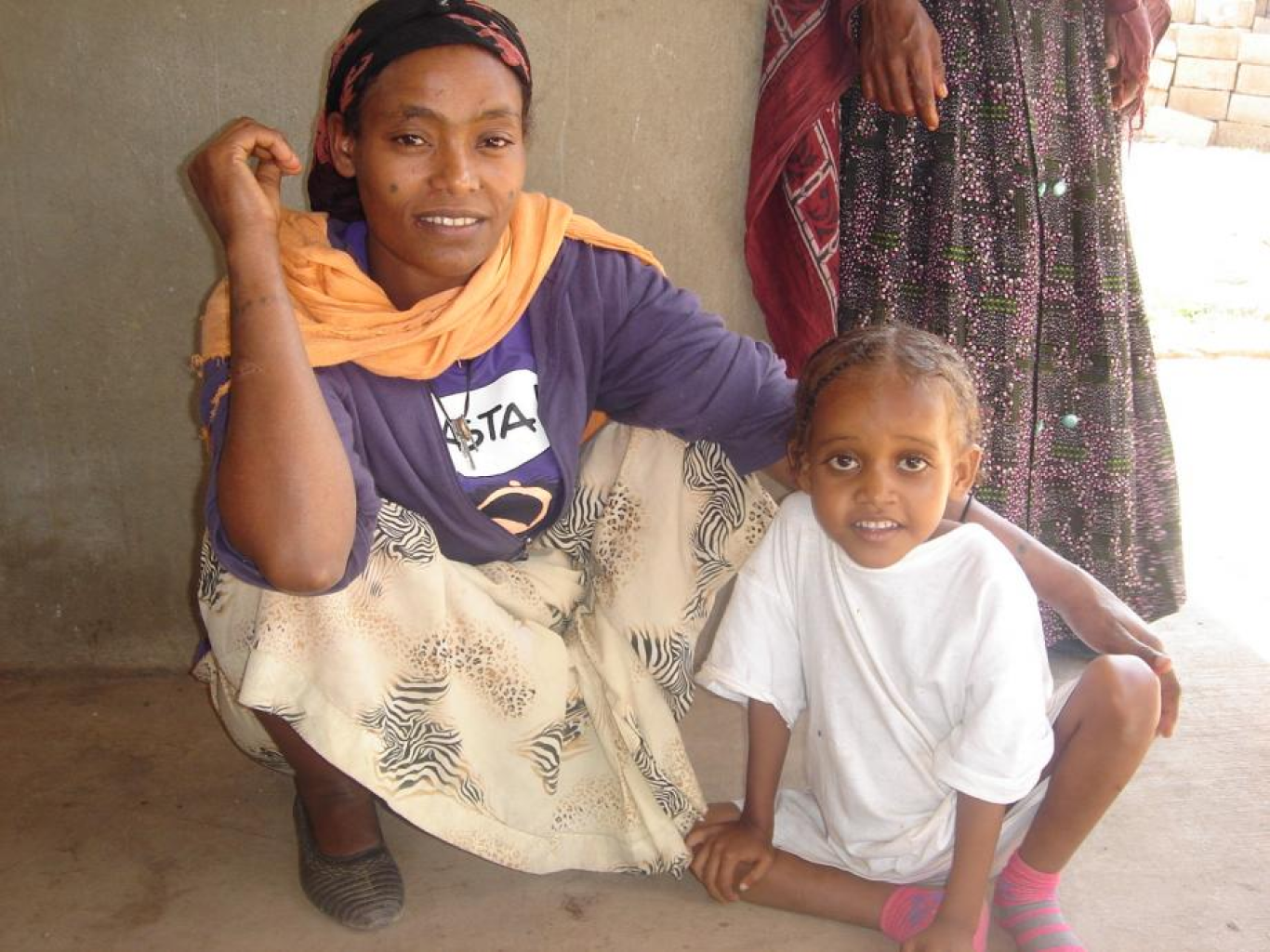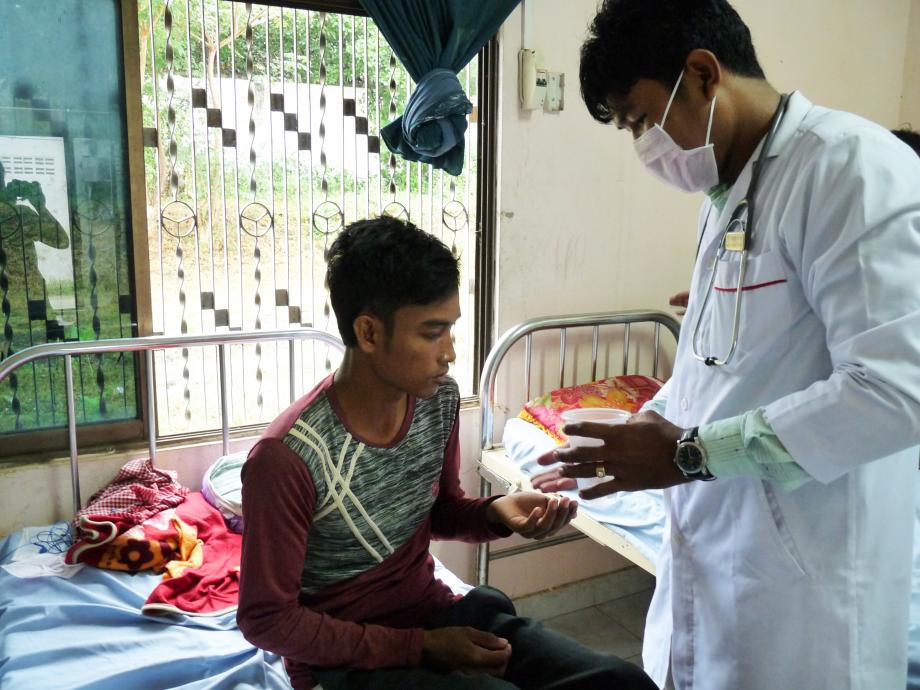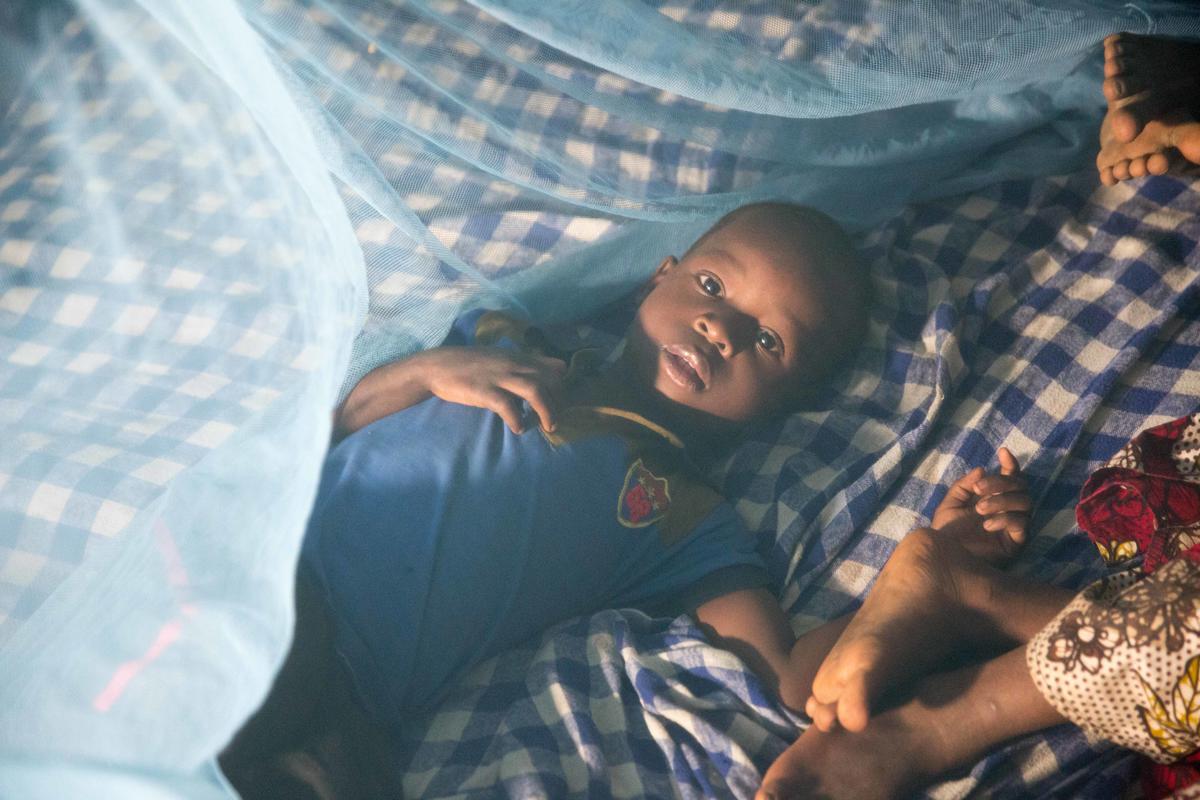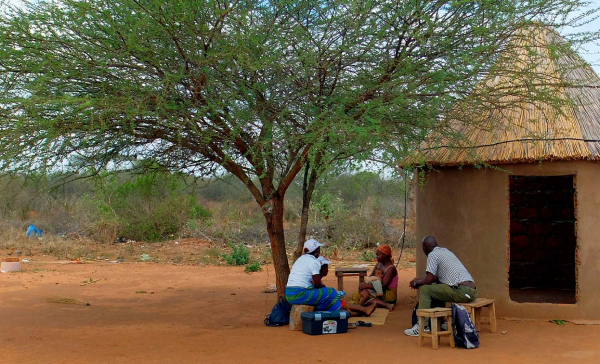The problem
In 2019 when this project began, an estimated 5.3 million children died before the age of 5, most of them from diseases that can be prevented and treated. Low oxygen in the blood is one of the main signs of severe illness, but devices for measuring oxygen levels called pulse oximeters are often not available in lower levels of the health system in lower-income countries. The World Health Organization recommends pulse oximeters for primary health care as part of the integrated management of childhood illness, where available, but there was little guidance to support countries in choosing the best devices, and no information on their cost-effectiveness in use, which is needed to guide broader implementation.
Download the project evaluation
Our response
Aiming to empower frontline health care workers with the tools to identify severely ill children and provide better care, PATH and its partners implemented the Tools for Integrated Management of Childhood Illness (TIMCI) project. The project piloted easy-to-use pulse oximeters in primary health care settings in India, Kenya, Senegal and Tanzania and gathered data on affordability, feasibility and impact of these devices, alongside electronic clinical decision support algorithms to improve the quality of care. In addition to evaluating the performance and potential demand for next-generation devices that can read more than one vital sign, the TIMCI project worked with Open Oximetry to improve the accuracy of pulse oximeters on darker skin and strengthen equity in diagnosis for all children.
In project sites in Kenya and India, more than 80% of eligible children were given a pulse oximetry reading and all project countries reported significant policy progress and commitment towards adopting child-friendly pulse oximeters to enable better detection of severe disease.
The TIMCI project was part of a broader Unitaid effort to improve child survival through access to vital triage and treatment tools. Learn more about the complementary AIRE project implemented by the Alliance for International Medical Action (ALIMA).

